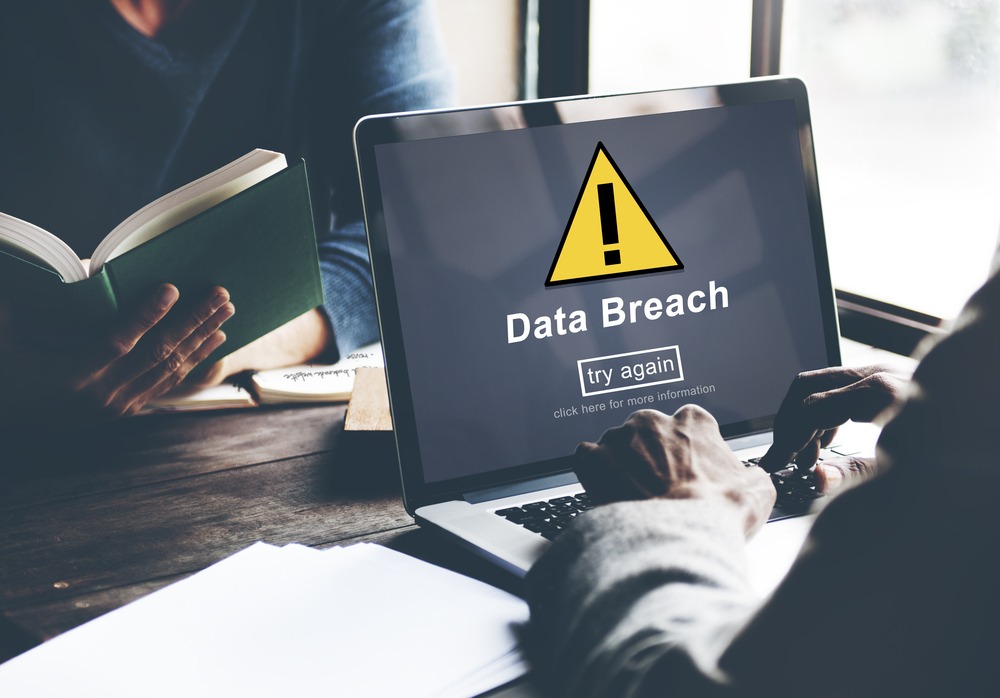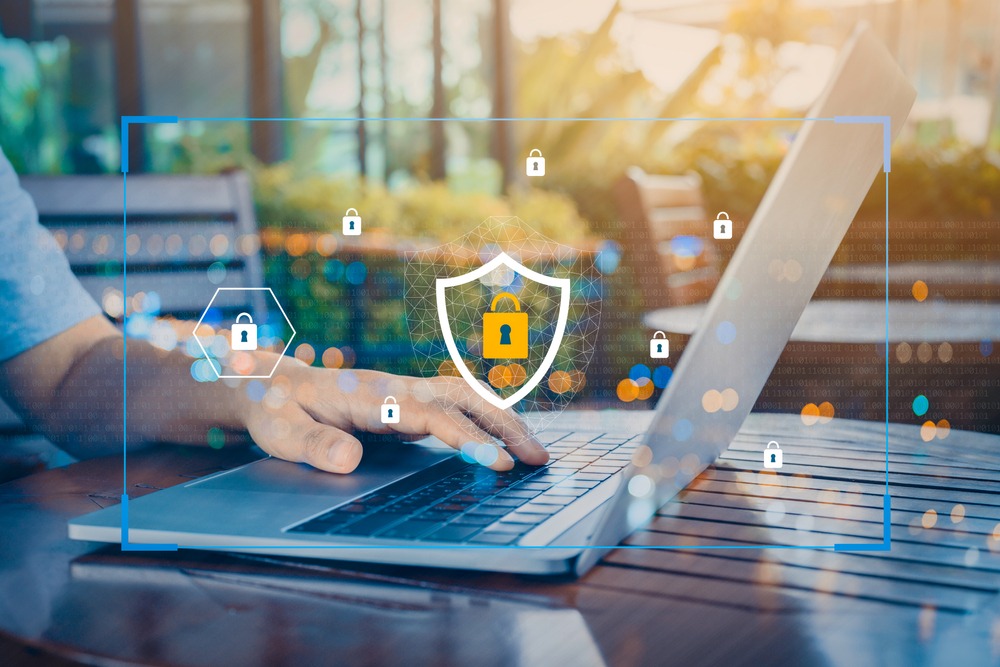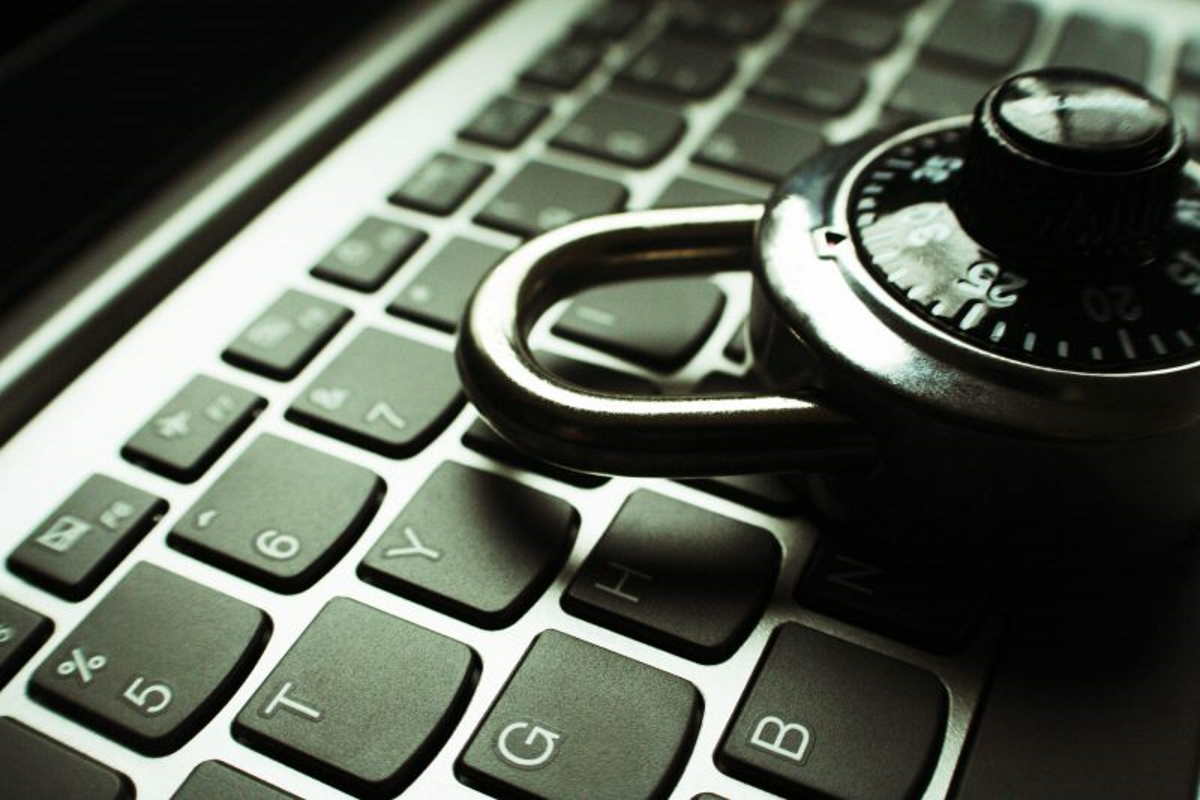In the fast-paced world of cryptocurrencies, finding the crypto wallet to safely store and manage your digital assets is essential. With hundreds of options available, the search for the right wallet can feel overwhelming. Enter Guarda Wallet — a standout choice that has quickly become a favorite among crypto enthusiasts. With its unique combination of security, versatility, and user-friendly design, Guarda Wallet positions itself as the best crypto wallet for both beginners and experienced users.

What is Guarda Wallet?
Guarda Wallet is a multi-platform, non-custodial cryptocurrency wallet that supports a wide range of digital assets, including Bitcoin, Ethereum, Litecoin, and thousands of other cryptocurrencies and tokens. Launched in 2017, Guarda Wallet has rapidly grown in popularity due to its comprehensive suite of features that cater to the needs of all types of users. Whether you are a seasoned crypto investor or a newcomer looking for a secure and versatile crypto wallet, Guarda has something to offer.
Why Guarda Wallet is Considered the Best Crypto Wallet?
Several key factors make Guarda Wallet stand out in the crowded field of crypto wallets. Let’s take a closer look at the reasons why Guarda is often considered the best crypto wallet for digital asset management.
1. Multi-Platform Accessibility
One of the major selling points of Guarda Wallet is its multi-platform accessibility. Unlike many other wallets that are confined to a single device or platform, Guarda is available as a web wallet, desktop app, mobile app (both iOS and Android), and even as a Chrome browser extension. This extensive cross-platform compatibility ensures that users can access their digital assets whenever and wherever they need them.
Whether you’re at home using your desktop, on the go with your mobile phone, or accessing your assets from a public computer, Guarda provides seamless access to your funds. This level of flexibility is crucial in the ever-changing landscape of cryptocurrency, where users may need to make quick decisions based on market movements.
2. Non-Custodial Security: Full Control Over Your Assets
Security is one of the most critical aspects when choosing a crypto wallet, and Guarda Wallet excels in this area by being a non-custodial wallet. In a non-custodial wallet, users retain full control over their private keys, which are not stored on the wallet’s servers. Instead, they are securely kept on the user’s device, meaning that only the user has access to their funds.
This level of security significantly reduces the risk of hacking and theft, as Guarda does not have access to users’ private keys. Unlike custodial wallets, where users’ funds are held by a third party and vulnerable to external attacks, Guarda Wallet ensures that users have complete ownership and control over their assets.

3. Comprehensive Support for Multiple Cryptocurrencies
One of the main advantages of Guarda Wallet is its ability to support a vast array of cryptocurrencies and tokens. With support for over 400,000 digital assets across more than 50 blockchain networks, including Bitcoin (BTC), Ethereum (ETH), Ripple (XRP), Litecoin (LTC), and many others, Guarda Wallet offers unparalleled versatility.
This extensive support makes it an ideal choice for users who want to manage all their digital assets in one place, without the need to juggle multiple wallets. Furthermore, Guarda frequently updates its platform to include new coins and tokens, ensuring that users have access to the latest digital assets and technologies.
4. Built-In Exchange and Staking Features
Guarda Wallet offers integrated exchange functionality, allowing users to swap one cryptocurrency for another directly within the wallet interface. This feature eliminates the need for third-party exchanges, reducing the risks associated with moving assets across different platforms. With just a few clicks, users can exchange their digital currencies quickly and securely, making it an excellent choice for active traders and those who want to diversify their portfolios.
Additionally, Guarda Wallet offers staking opportunities for a variety of cryptocurrencies, including Ethereum 2.0 (ETH), Tezos (XTZ), Tron (TRX), and others. Staking allows users to earn passive income by participating in the network’s consensus mechanism. Guarda simplifies the staking process, enabling users to earn rewards without needing to go through complex procedures or use external platforms.
5. User-Friendly Interface for All Experience Levels
A great crypto wallet should be easy to use, regardless of a user’s level of experience. Guarda Wallet’s intuitive design and clean interface make it accessible for both beginners and seasoned crypto enthusiasts. The wallet provides clear instructions and straightforward navigation, ensuring that users can easily send, receive, exchange, and stake their cryptocurrencies without hassle.
For newcomers to the world of cryptocurrency, Guarda’s user-friendly approach helps demystify complex processes, while experienced users appreciate the responsive design and advanced features that make managing their digital assets efficient and straightforward.
6. Advanced Privacy and Security Features
Privacy is a growing concern in the digital age, and Guarda Wallet takes this seriously. The wallet does not require users to provide personal information or undergo lengthy verification processes, allowing them to maintain anonymity. Moreover, Guarda does not store private keys or transaction data on its servers, enhancing security and ensuring that users’ sensitive information remains private.
This commitment to privacy and security is particularly important for users who prioritize anonymity and data protection in their crypto dealings. By providing a secure, private environment for managing digital assets, Guarda Wallet offers peace of mind to its users.
7. Active Customer Support and Community Engagement
One of the key differentiators for Guarda Wallet is its active and responsive customer support. Available 24/7 through multiple channels, including live chat, email, and a comprehensive help center, Guarda’s customer service team is always ready to assist users with any questions or issues they may encounter.
This dedication to customer support is a strong point in Guarda’s favor. Users can feel confident knowing that help is always available, enhancing trust and fostering a strong community around the wallet.

8. Hardware Wallet Integration
For those who require an extra layer of security, Guarda crypto wallet offers integration with popular hardware wallets like Ledger. This feature allows users to store their private keys offline while still enjoying the convenience and functionality of Guarda’s software interface. By combining the security of a hardware wallet with the flexibility of a software wallet, Guarda provides a comprehensive solution for secure digital asset management.
Conclusion
With its multi-platform accessibility, non-custodial security, support for multiple cryptocurrencies, integrated exchange functionality, and numerous other features, Guarda Wallet has positioned itself as a leading choice in the cryptocurrency wallet market. Whether you’re a beginner looking for a user-friendly wallet or an experienced trader seeking advanced features and security, Guarda offers a comprehensive solution that meets a wide range of needs.
People choose Guarda Wallet because it combines convenience, security, flexibility, and an ever-expanding list of features – all in one platform. As the world of digital assets continues to grow and evolve, Guarda Wallet remains a reliable and forward-thinking option for managing cryptocurrency portfolios.



















